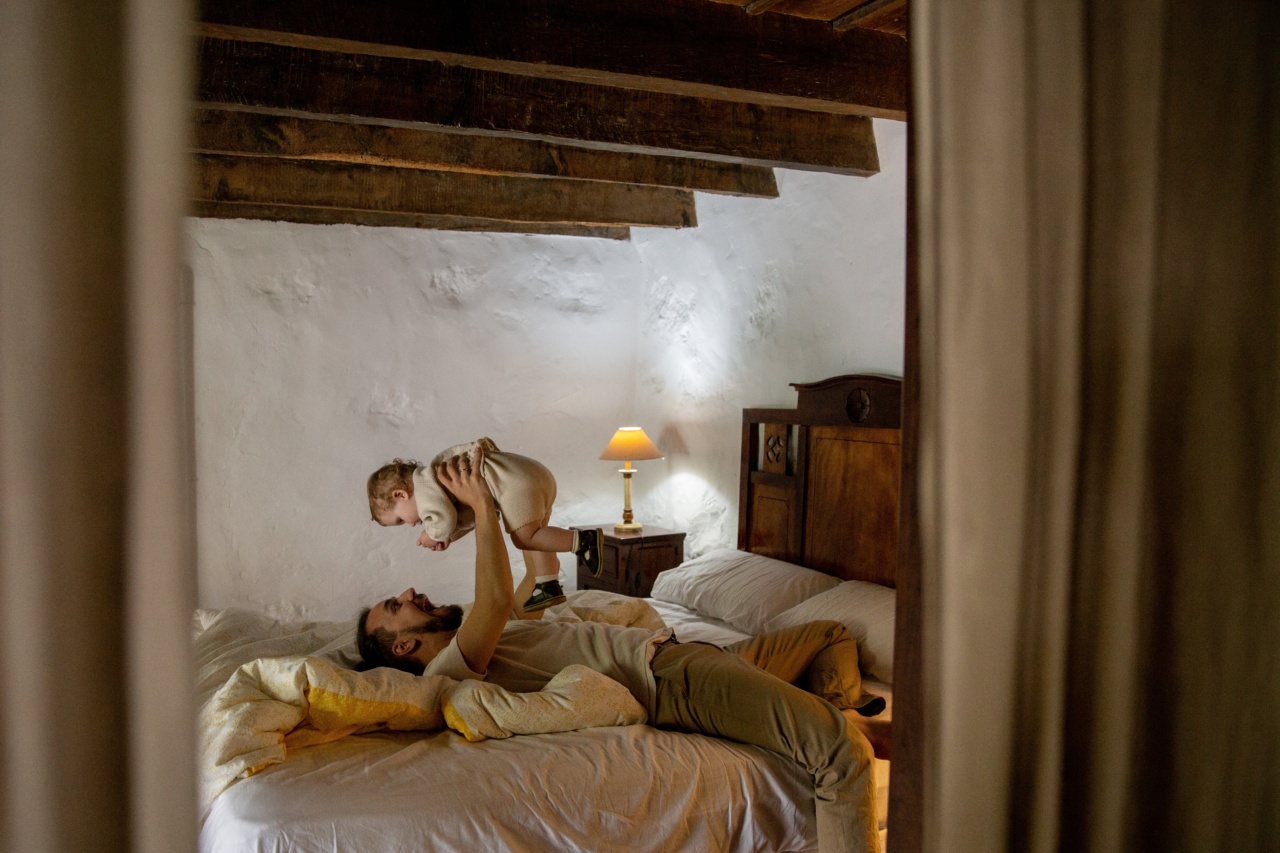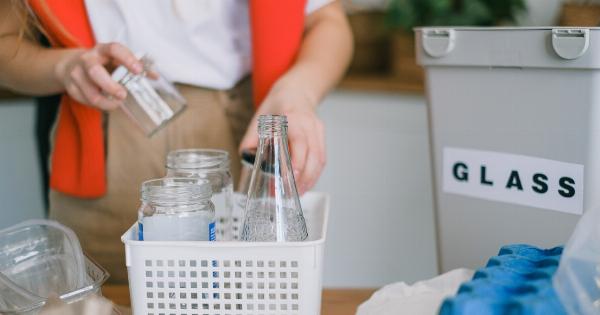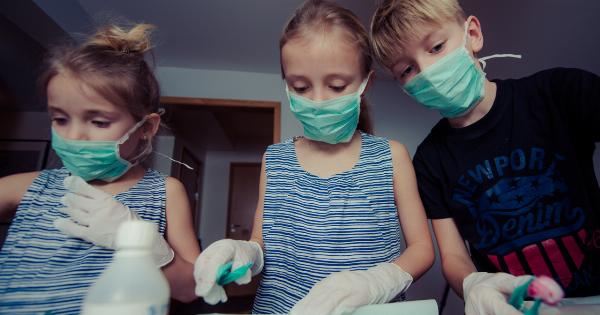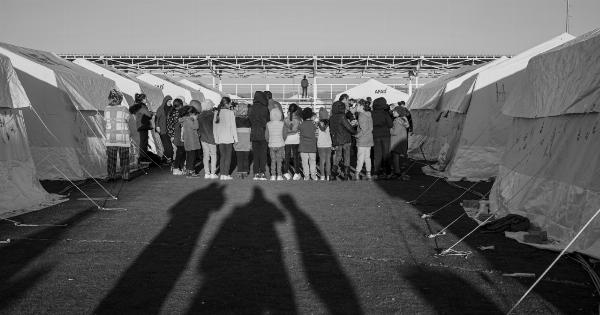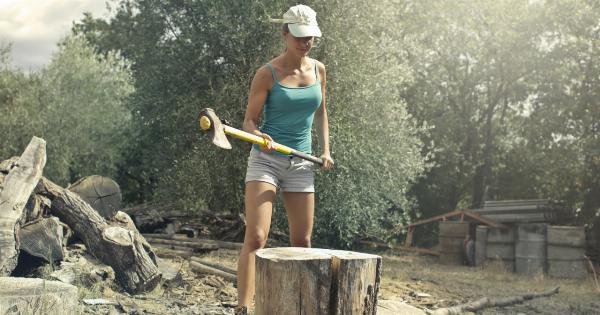Spending time at the cottage can be a great way to relax and unwind, but it’s important to take some precautions to avoid injuries. Whether you’re going for a weekend or staying for the whole summer, here are some tips to help you stay safe.
1. Watch your step
When you’re out in nature, there are lots of uneven surfaces and tripping hazards. Make sure you wear appropriate footwear with good grip and support.
If there are rocks, roots, or other obstacles on the ground, pay close attention to where you’re walking. It’s easy to get distracted by the scenery, but a twisted ankle or fall can quickly ruin your vacation.
2. Use bug repellent
Bugs are a fact of life in the great outdoors, but they can carry diseases like Lyme disease and West Nile virus. Make sure you use an insect repellent that’s appropriate for the area you’re in, and apply it according to the instructions.
If you’re going to be outside for an extended period of time, consider wearing long-sleeved shirts and pants to reduce your risk of bites.
3. Swim with caution
Swimming can be a great way to cool off on a hot day, but it’s important to be cautious. Make sure you know the area well and look out for any potential hazards like submerged rocks or tree branches. If you’re not a strong swimmer, wear a life jacket.
And remember that alcohol and swimming do not mix – save the drinks for after you’re back on dry land.
4. Use caution with fire
A campfire can be a great way to spend an evening with family and friends, but it’s important to use caution. Make sure you have a clear area around the fire, and never leave it unattended.
When you’re done, make sure the fire is fully extinguished and that there are no smoldering embers left behind. And remember, fireworks are not only dangerous but illegal in many areas.
5. Be prepared for emergencies
Accidents can happen no matter how careful you are, so it’s important to be prepared. Make sure you have a well-stocked first-aid kit on hand, as well as a fire extinguisher and a phone or radio to call for help if necessary.
And if you’re going to be out on the water, make sure you have life jackets for everyone in your group.
6. Protect your skin
Spending time in the sun can be great for your mood and your vitamin D levels, but it can also lead to sunburn and skin damage. Make sure you wear a hat and sunglasses to protect your face and eyes, and use sunscreen with a high SPF.
Reapply the sunscreen after swimming or sweating, and make sure you cover all exposed skin.
7. Watch out for wildlife
While it’s exciting to see wildlife up close, it’s important to remember that these animals are wild and can be dangerous. Keep a safe distance from any animals you encounter, and never try to feed them.
If you’re going to be hiking or camping, make sure you’re aware of any potential wildlife hazards in the area.
8. Stay hydrated
When you’re out in the sun all day, it’s easy to get dehydrated. Make sure you drink plenty of water, even if you don’t feel thirsty. And if you’re going to be doing any strenuous activities like hiking or kayaking, bring a water bottle with you.
Avoid sugary or alcoholic drinks, which can actually dehydrate you more.
9. Keep your cottage secure
When you’re away from home, it can be tempting to let your guard down and relax. But it’s important to keep your cottage secure to prevent theft or other crimes.
Make sure all doors and windows are locked when you’re away, and consider installing a security system or asking a trusted neighbor to keep an eye on things.
10. Get plenty of rest
Finally, it’s important to make sure you get plenty of rest when you’re at the cottage. Sleep is essential for your health and wellbeing, and it can help you stay alert and focused during your activities.
Make sure you have a comfortable bed and try to stick to a regular sleep schedule, even if you’re on vacation.
